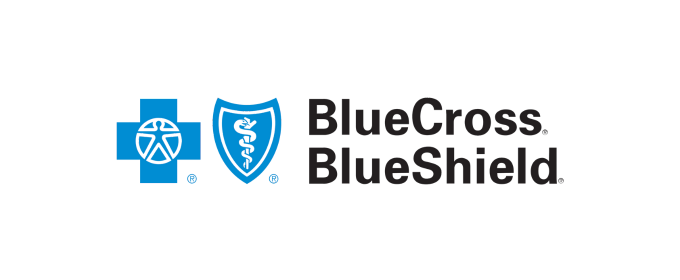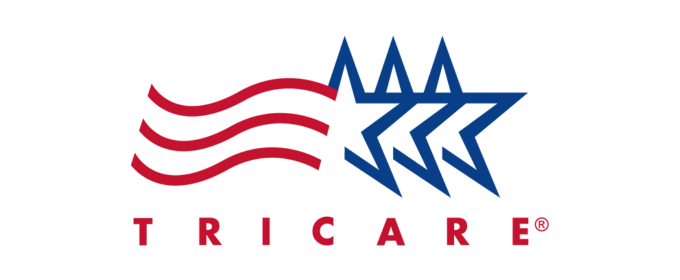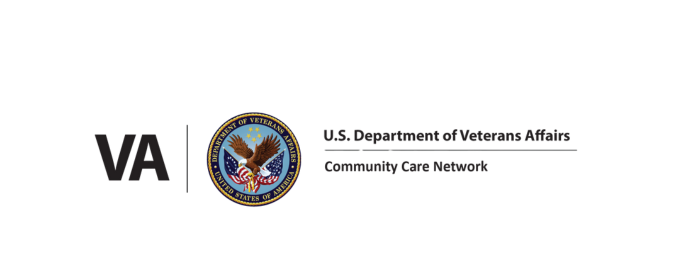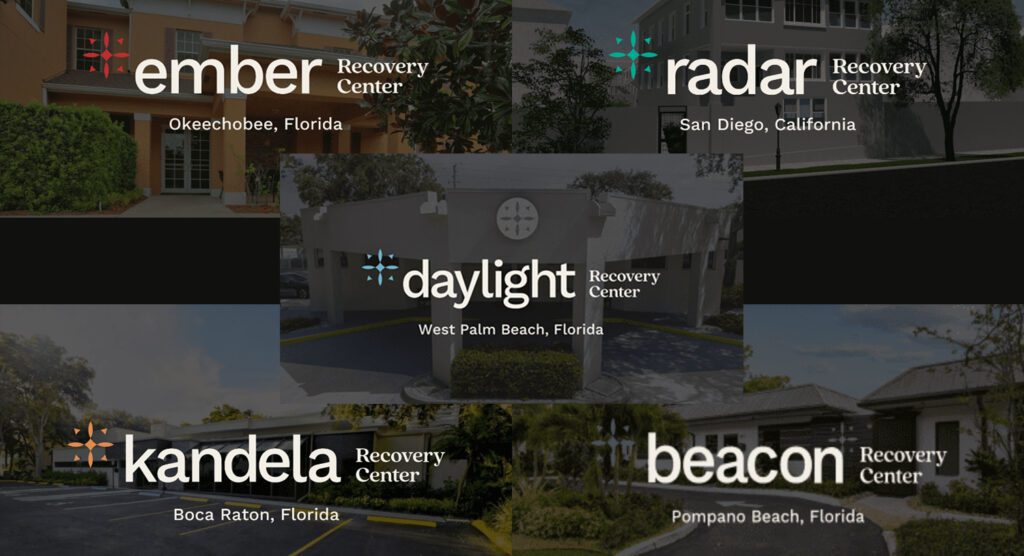Relapse Prevention
Relapse prevention is an important part of the recovery process. It is a series of strategies and techniques that can help an individual stay sober and maintain abstinence from alcohol and/or drugs. The goal of relapse prevention is to identify potential triggers and develop strategies to avoid them, as well as to develop new coping skills and build a strong support system. It is important to remember that relapse prevention is an ongoing process and should be an integral part of one’s recovery journey.
Identifying and Understanding Triggers
Triggers are events, people, places, or situations that can cause an individual to relapse. It is important to identify and understand one’s triggers in order to effectively manage them. When identifying triggers, it is important to consider the following:
- What situations bring up memories of the past or cause intense cravings?
- Are there any people, places, or things that lead to thoughts of using?
- What emotions or thoughts can lead to cravings?
Once an individual has identified their triggers, it is important to understand how they affect one’s behavior and emotions. It is also important to develop a strategy for avoiding or managing these triggers.
Developing New Coping Skills
It is important to develop new coping skills to replace the behaviors associated with addiction. These skills can include mindfulness, meditation, exercise, yoga, journaling, and other forms of self-care. It is also important to develop healthy habits such as eating nutritious meals, getting enough sleep, and engaging in hobbies and activities that bring joy and meaning to one’s life.
Building a Healthy Sober Support System
It is important to build a strong support system as part of relapse prevention. This includes family, friends, counselors, 12-step groups, and other members of the recovery community. Having a strong support system can provide emotional and social support, as well as accountability and guidance.
Maintaining Balance in Your Life
Relapse prevention involves creating balance in one’s life. This includes setting realistic goals and expectations, engaging in meaningful activities, and prioritizing self-care. It is important to have a healthy lifestyle that includes a balanced diet, regular exercise, and adequate sleep.
Setting Goals and Prioritizing Self-Care
Setting realistic goals and expectations is an important part of relapse prevention. It is also important to prioritize self-care and engage in activities that bring joy and meaning to one’s life. This could include hobbies, volunteering, or spending time with loved ones.
The Importance of Staying Connected
It is essential to stay connected to the recovery community to maintain sobriety. This could include attending 12-step meetings, engaging in therapy, or joining an alumni program. The recovery community can provide emotional and social support, guidance, and accountability.
Staying Accountable Through Therapy, Support Groups and Alumni Services
Therapy can be a helpful tool for relapse prevention, as it can provide support and a safe space to process and discuss any struggles or triggers. Support groups can also be beneficial, as they provide emotional and social support. Additionally, alumni services can provide accountability and guidance.
Keeping a Positive Outlook
It is important to maintain a positive outlook on life and recovery. This includes focusing on the present and future, instead of dwelling on the past. It is also important to practice gratitude and remind oneself of how far one has come.
Flyland Recovery Network for Addiction Treatment
Flyland Recovery Network provides addiction treatment and relapse prevention services. Our team of experts is dedicated to helping individuals reclaim their lives and find lifelong recovery. We offer individualized treatment plans, evidence-based therapies, and alumni services to help individuals stay focused on relapse prevention. Our Admissions Representatives are here to help.

















